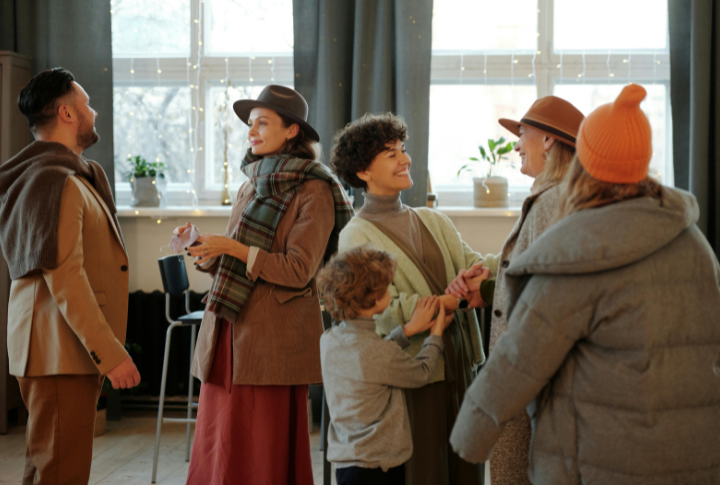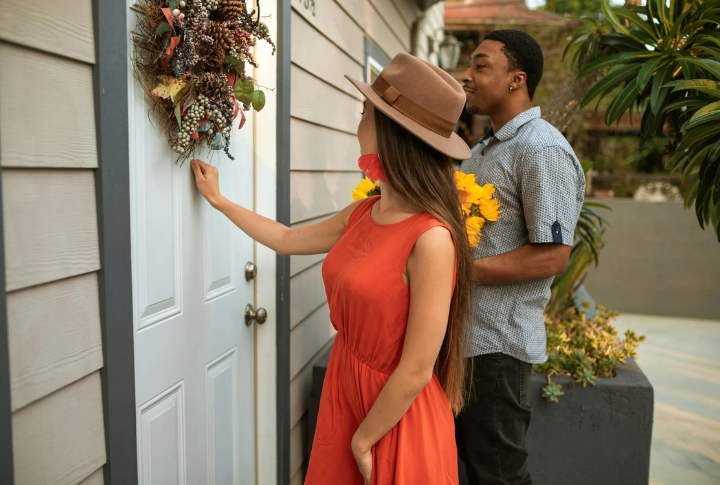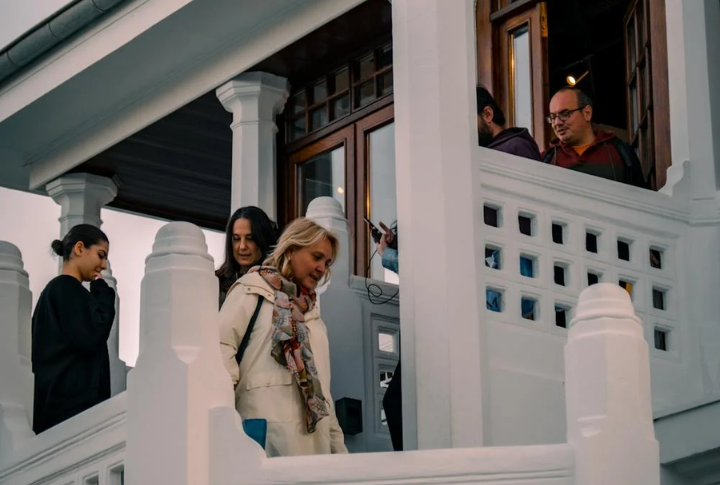
Got an invite to a house party? Hosts will remember more than the food you’ll bring or the stories you’ll tell—they will remember how you made them feel in their own home. One wrong move can turn that warm welcome into big regrets. Here are ten overlooked habits that quietly sabotage invitations and test the patience of even the most gracious hosts.
Treating The House Like A Free-For-All

Bedrooms and closed-off rooms are not part of the tour. These private spaces exist for a reason. If you enter private rooms without permission, it isn’t quirky; it’s presumptuous. A respectful visitor knows the limits. Cross a boundary, and that memory will stick with the hosts.
Showing Up With Surprise Plus-Ones

When you show up with a partner or friend without notice, the host has to scramble to adjust food and space. What might seem spontaneous to you creates extra strain for them. Therefore, headcounts matter, and a thoughtful guest always asks before bringing someone new.
Overstaying When The Mood Has Shifted

Lights dim, and conversations begin to slowly fade. These are signals that the evening is winding down. However, if you ignore them, the visit drags, and nobody likes to pretend they’re having fun. So, head home while the energy is warm. It keeps the doors open to future invitations.
Rearranging Furniture Or Decor Without Asking

Displacing a vase without asking? It implies that you’re not considerate. People arrange their living spaces for reasons beyond looks. Comfort and intention sometimes influence their setup. Plus, they notice when guests rearrange things. So it’s better to admire the setup than to act like you’re there to improve it.
Commenting On Interior Decor Choices

A home’s design always tells a story about its owner’s personal expression, whether it is through bright wallpaper or a bold kitchen backsplash. These choices are deeply individualized. Yes, it’s okay to offer genuine compliments, as they can build rapport, but jokes or backhanded praise can sting.
Treating Shared Spaces Like A Messy Motel

Every jacket tossed onto a chair, and every dish left unattended sends a message. Hosts spend hours preparing a welcoming home, and when a guest treats it like an afterthought, it shows an apparent disregard. Take care to keep things tidy so you don’t leave chaos in your wake.
Expecting Special Treatment Without Offering Help

Asking for extras is not the problem. Asking without consideration is. The best guests notice the flow of the evening and only request adjustments when necessary. If you’re demanding food or drinks without considering how it may ultimately affect everyone, it dries up invitations faster than most realize.
Ignoring Cultural Or Cleanliness Norms

Every household has its rhythm. Some require shoes to be taken off; others avoid outside food or follow specific rituals. Blending in shows respect. But brush them aside and forget about the next party. Adaptability is not about giving something up; it’s about demonstrating attentiveness and being tuned in.
Oversharing Or Gossiping About Mutual Friends

Loose talk at the dinner table travels farther than you think. When you share juicy details or private stories, it creates tension and breaks the connection. Hosts want things to go smoothly, not awkwardly. So, keep conversations light and respectful. It will make a stronger and longer-lasting impression than a few careless words.
Forgetting To Say Thank You Before You Leave

Gratitude lingers longer than any compliment on food or decor. A warm “Thank You,” spoken or messaged, wraps the evening with grace. People may forget what you wore, but they will remember how you complimented them with kindness and care.

